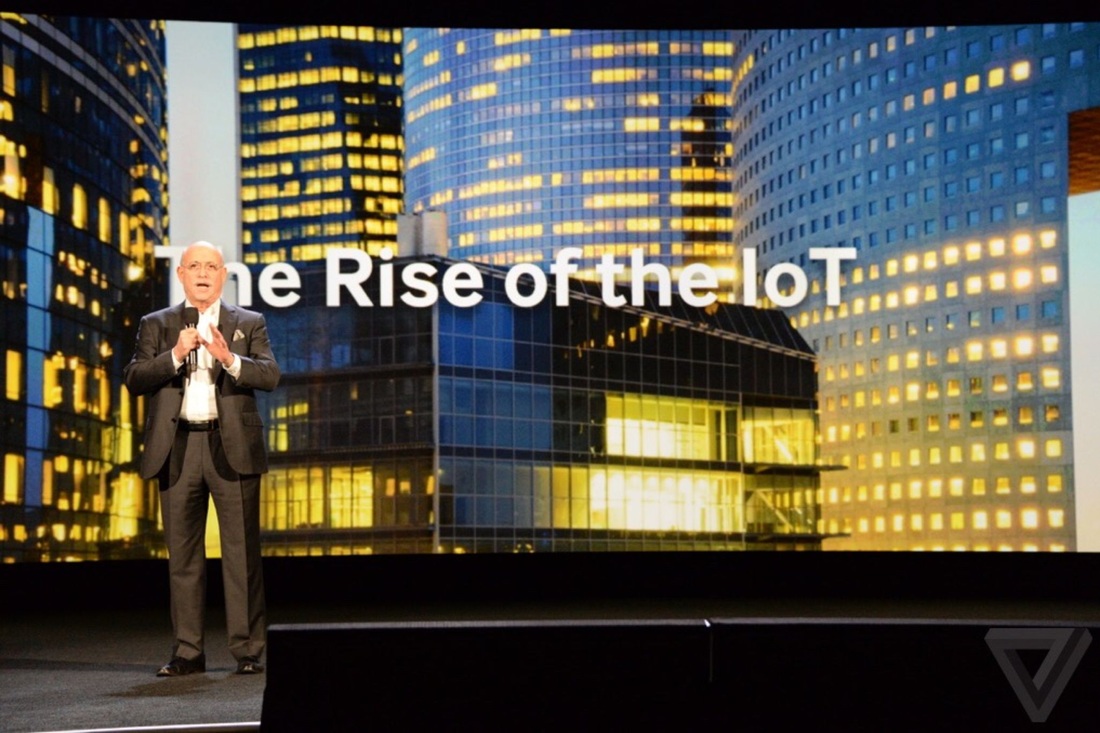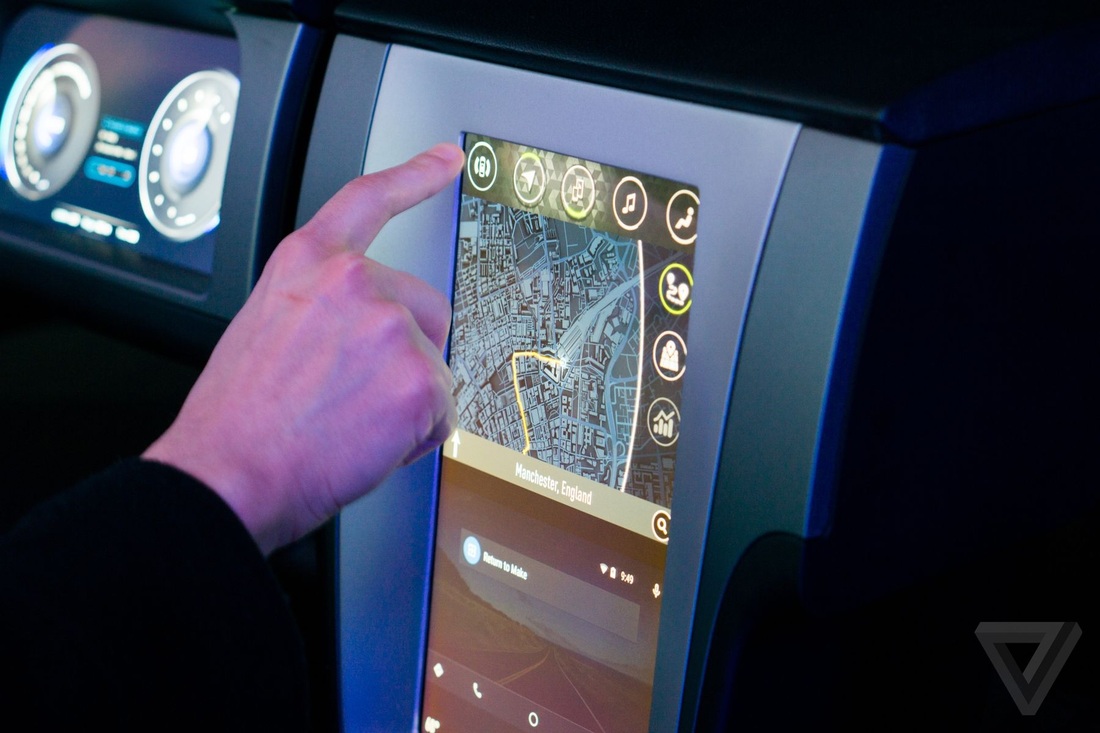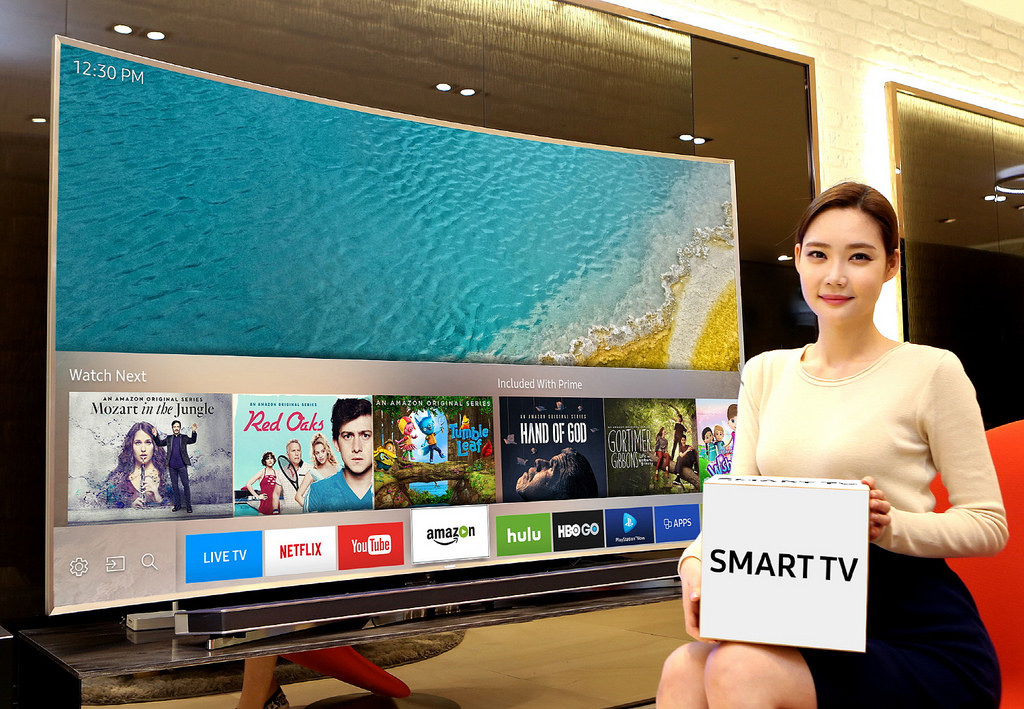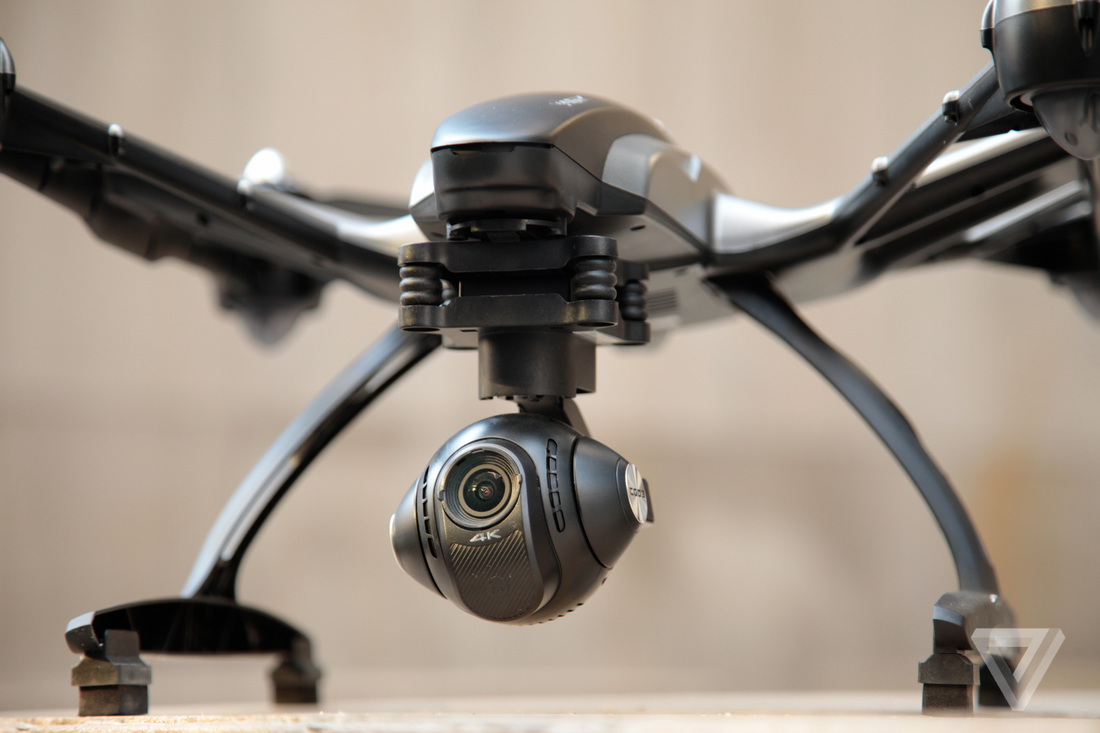It's easy to get turned off or lulled by the hype (depending on your attitude), but it's worth paying attention to what these giant tech companies are saying. They're quite literally laying out their plans and staking their claims to the next big trends in tech, and they're doing it for multiple audiences. This is the Consumer Electronics Show, but the message is usually meant for for somebody else: CTOs and competitors and buyers.
That's the only way to explain Nvidia's famously long and infamously tedious keynote that focused on the components that power the smarts behind smart driving cars. The company fell behind the curve on mobile and it needs customers — those would be car manufacturers — who can utilize its processors. It's the motivation behind Sony's CEO waxing on about its image sensors working in cars. He did it not because he wants you to buy them, but because he wants Ford and GM and Toyota to fill their cars with Sony cameras.
IF THEY CAN'T DOMINATE THE WHOLE ECOSYSTEM, THEY AT LEAST WANT TO GRAB A PIECE OF IT
That trend is "The rise of the IoT." The Internet of Things continues to be the most vague and B2B-sounding product category I've yet encountered in tech. But it gets clearer when you see what the gadgets actually are: doors that lock themselves, thermostats that program themselves, cameras that monitor your home for intruders, and more. But IoT isn’t about the gadgets, it’s about the way they talk to each other.
These devices are inherently creepy to some, but they're beginning to look inevitable. It's possible to build these systems with some modicum of privacy and safety. Samsung is at least approaching the ecosystem with the right attitude — it purchased SmartThings last August and is keeping that company's dedication to openness and interoperability intact.
Cheap chips and cheaper cloud computing is letting every company build more interesting gadgets. The ways that they talk to each other and to the giant corporations that create those ecosystems is going to be massively important: will one company dominate? Will they be secure enough? Will they be impossible to figure out? Will we give up yet more privacy in exchange for yet more advertising? Will the technology actuallywork?
We're probably going to need more acronyms to answer all those questions.





